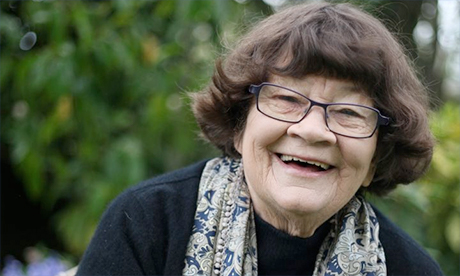There was a big magnolia tree in the retreat grounds, white cup-shaped flowers that poured out fragrance on us as we made our way to the chapel. We would stop on the path under that tree, to breathe it in.
We didn’t think of the pause as prayer, but that’s what it was.
On the morning of a reconciliation mass, a friend decided he wanted white magnolias in the sanctuary, and he asked me to help him gather them.
As we cut the blooms, we noticed little black ants swarming inside the glossy white cups.
I imagined the busy little creatures had discovered the magnolia’s perfume was also good food.
But my friend shuddered, hurried the flowers to the garden tap, and flushed the ants down a drain.
The flowers did look beautiful in the chapel, but I was haunted by ‘dead ant’ images.
That persisted until we came to the gospel reading of the prodigal son; then the murder of innocent ants became the murder of a little fat calf.
Why was beautiful intention so often tinged with darkness?
That melodramatic thought eventually deepened into a reflection on our instinct for perfection.
I call it an instinct because we all have it in us. Something inside us longs for flawless beauty and goodness.
Where does it come from?
Nothing on this earth is perfect. To be perfect is to be complete.
Yet all of nature is engaged with change, growing, or else decaying to become new growth.
So why do we all have this inner knowing and desire?
Once, it was thought that our knowledge of perfection came from the time in the womb; but the child’s pre-irth experience is far from perfect.
We now realise that the baby developing in its mother, has discomfort, trauma even.
Well, I believe that our desire for perfection is a God-memory embedded in our souls. It’s the gift from ‘home’ that we bring into incarnation.
On faith journey it becomes a yardstick against which we measure everything.
But incarnation is not perfect. It is about spiritual growth, and growth happens with the tension between opposite states.
To be perfect is to have no room for growth.
We need imperfection.
So if you don’t mind, I will keep the little black ants in the magnolias. Those ants represent the darkness in me. that is light yet to be born.
- Joy Cowley is a wife, mother, grandmother, great-grandmother and retreat facilitator.
